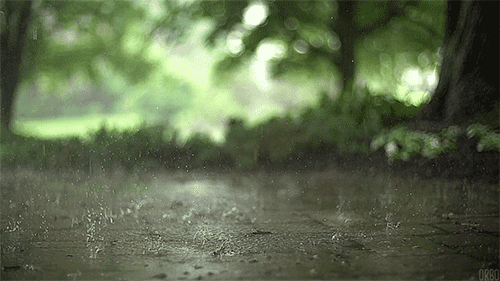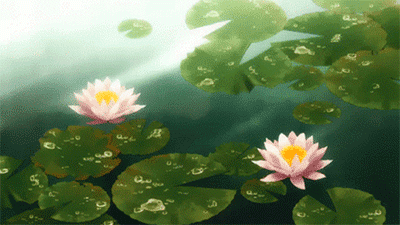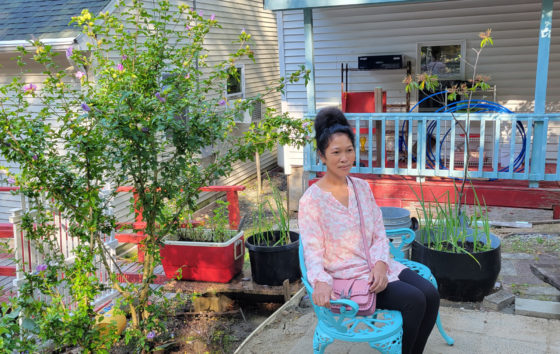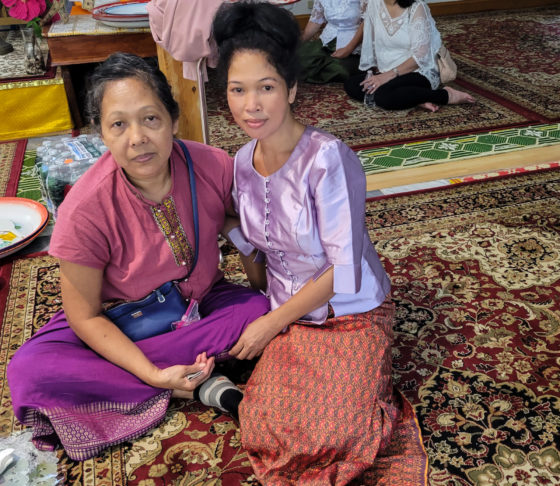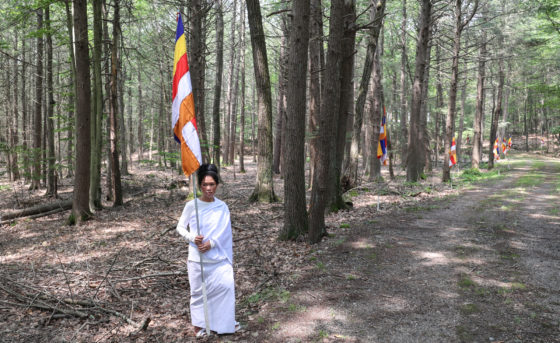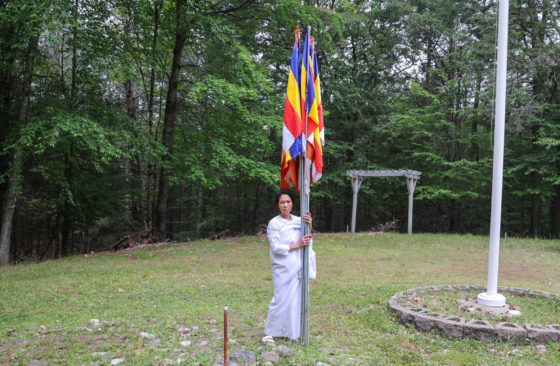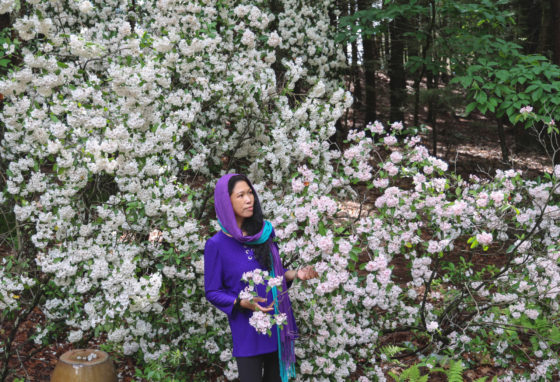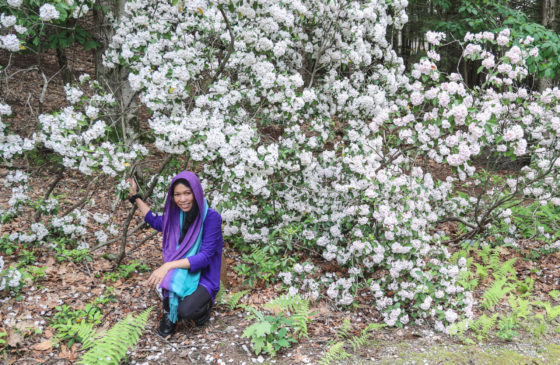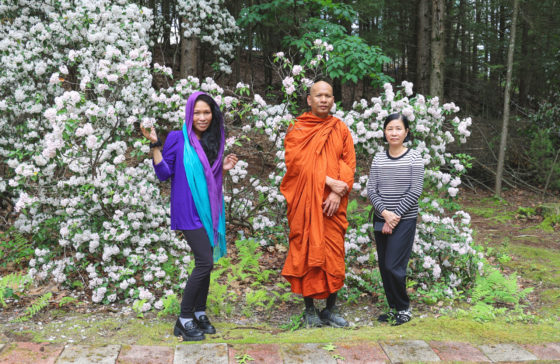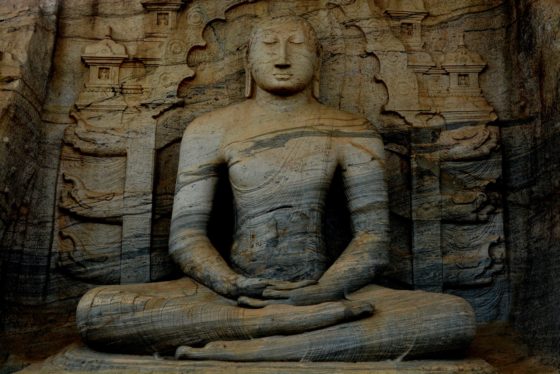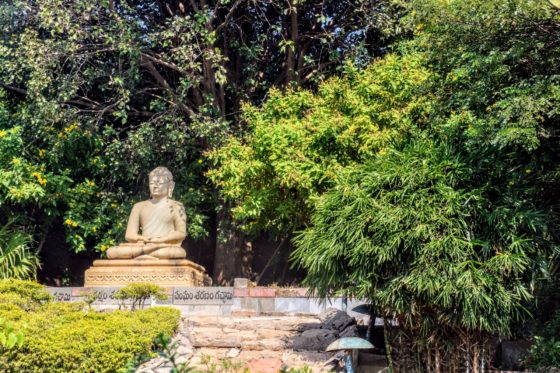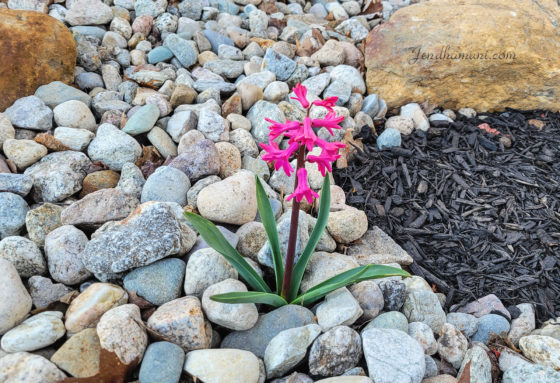-
We cannot stop what can’t be stopped Comment November 15, 2023 -
Beauty in the character Comment November 13, 2023 -
Appreciation can make a day, even change a life Comment November 10, 2023“Appreciation can make a day, even change a life. Your willingness to put it into words is all that is necessary.” —Margaret Cousins
“As we express our gratitude, we must never forget that the highest appreciation is not to utter words, but to live by them.” — John F. Kennedy
Act with kindness, but do not expect gratitude. ~ Proverb
-
If your mind is at peace you will be happy 4 September 5, 2023The reason we practice meditation is to attain happiness. With regard to short-term happiness, we usually mean either physical pleasure or mental pleasure or both of them. But if you look at either of these pleasant experiences, their root has to be a mind that is at peace and free from suffering. As long as your mind is unhappy and devoid of tranquility or peace, no matter how much physical pleasure you experience, your mind will not know true happiness. On the other hand, even if you lack the ideal physical circumstances of wealth and so on, if your mind is at peace you will be happy anyway. ~ Thrangu Rinpoche
-
Avoid self-obsession 2 August 14, 2023In Buddhism we say that each person must become his or her own protector. Learning to do this is extremely important. It is the basis for us to be able to extend care and protection to others. This second step is even more important. If our learning to protect ourselves does not contribute to our being able to care for others, we all too easily become stuck in a quagmire of self-obsession. Much of the time, this is what happens: we take our care and cherishing of ourselves too far and arrive at outright self-absorption. ~17th Karmapa
-
Three types of ‘freely resting’ 2 July 8, 2023Tradition describes three types of ‘freely resting’. Let your body freely rest like a mountain. Let your breath freely rest like an ocean, meaning that your breathing is as totally unimpeded, like an ocean when its surface is undisturbed. Let your mind freely rest in awareness; in other words, rest in the nature of mind. ~ Tulku Urgyen Rinpoche
-
Pristine natural beauty 2 June 19, 2023Some distance away is a white azalea bush which stuns me with its stately beauty. This is pristine natural beauty. it is irrepressible, seeks no reward, and is without goal, a beauty derived neither from symbolism nor metaphor and needing neither analogies nor associations. ~ Gao Xingjian
When you take a flower in your hand and really look at it, it’s your world for the moment. I want to give that world to someone else. Most people in the city rush around so, they have no time to look at a flower. I want them to see it whether they want to or not. ~ Georgia O’Keeffe
-
The ultimate enemies Comment May 29, 2023 -
Compassion and a good heart Comment May 9, 2023Since compassion and a good heart are developed through constant and conscious effort, it is important for us first to identify the favorable conditions that give rise to our own qualities of kindness and a good heart, as well as the adverse circumstances that obstruct our cultivation of these positive states of mind. It is therefore important for us to lead a life of constant mindfulness and mental alertness. Our mastery of these faculties should be such that whenever a new situation arises, we are able to immediately recognize whether the circumstances are favorable or adverse to the development of compassion and a good heart. By pursuing the practice of compassion in such a manner, we will gradually be able to alleviate the effects of the obstructive forces and enhance the conditions that favor the development of compassion and a good heart. ~ 14th Dalai Lama
-
The flower of humanity Comment April 20, 2023“Politeness is the flower of humanity.” — Joseph Joubert
“A flower does not use words to announce its arrival to the world; it just blooms.” — Matshona Dhliwayo
“In joy and in sadness, flowers are our constant friends.” —Unknown
“Gardens and flowers have a way of bringing people together, drawing them from their homes.” — Clare Ansberry


